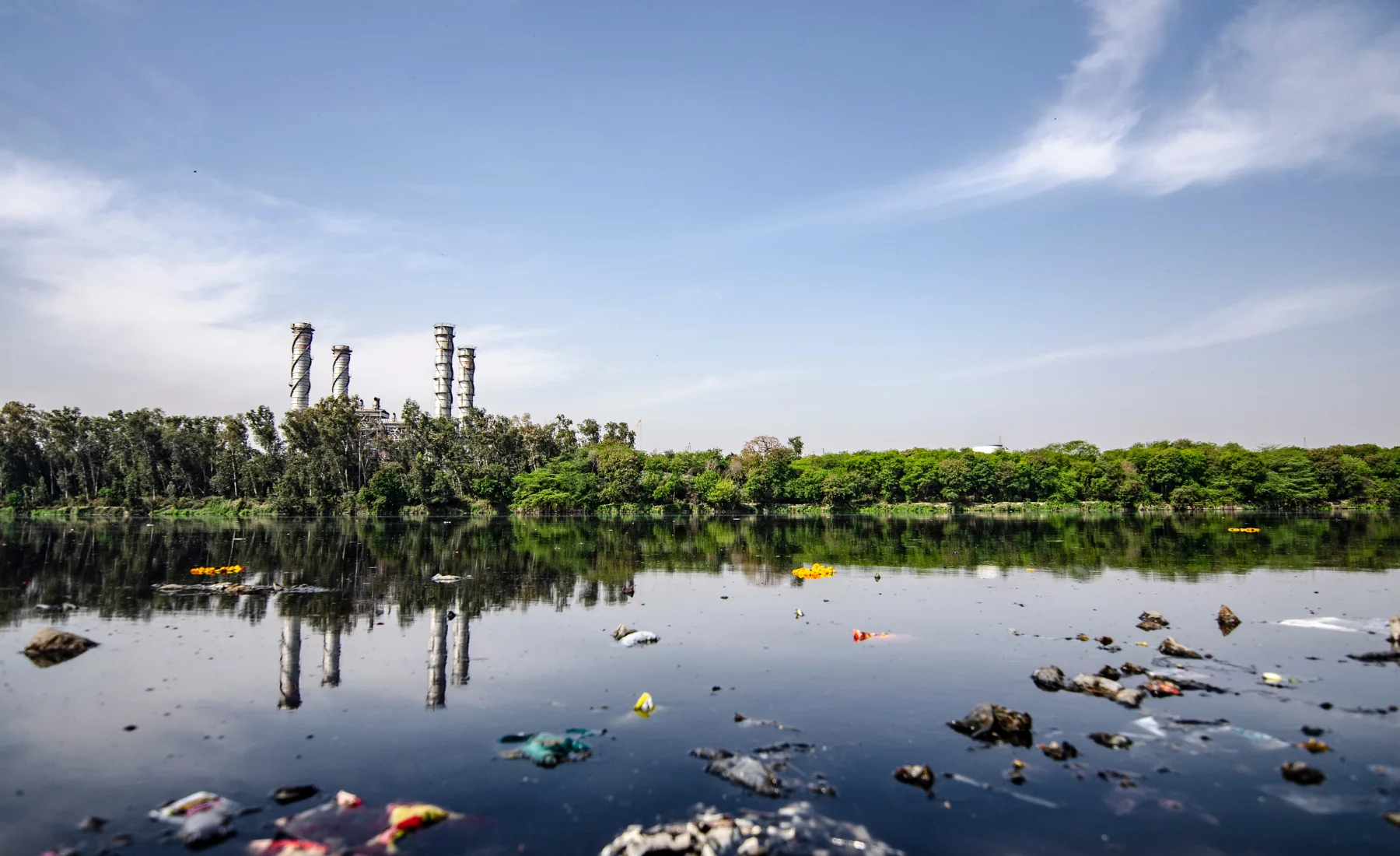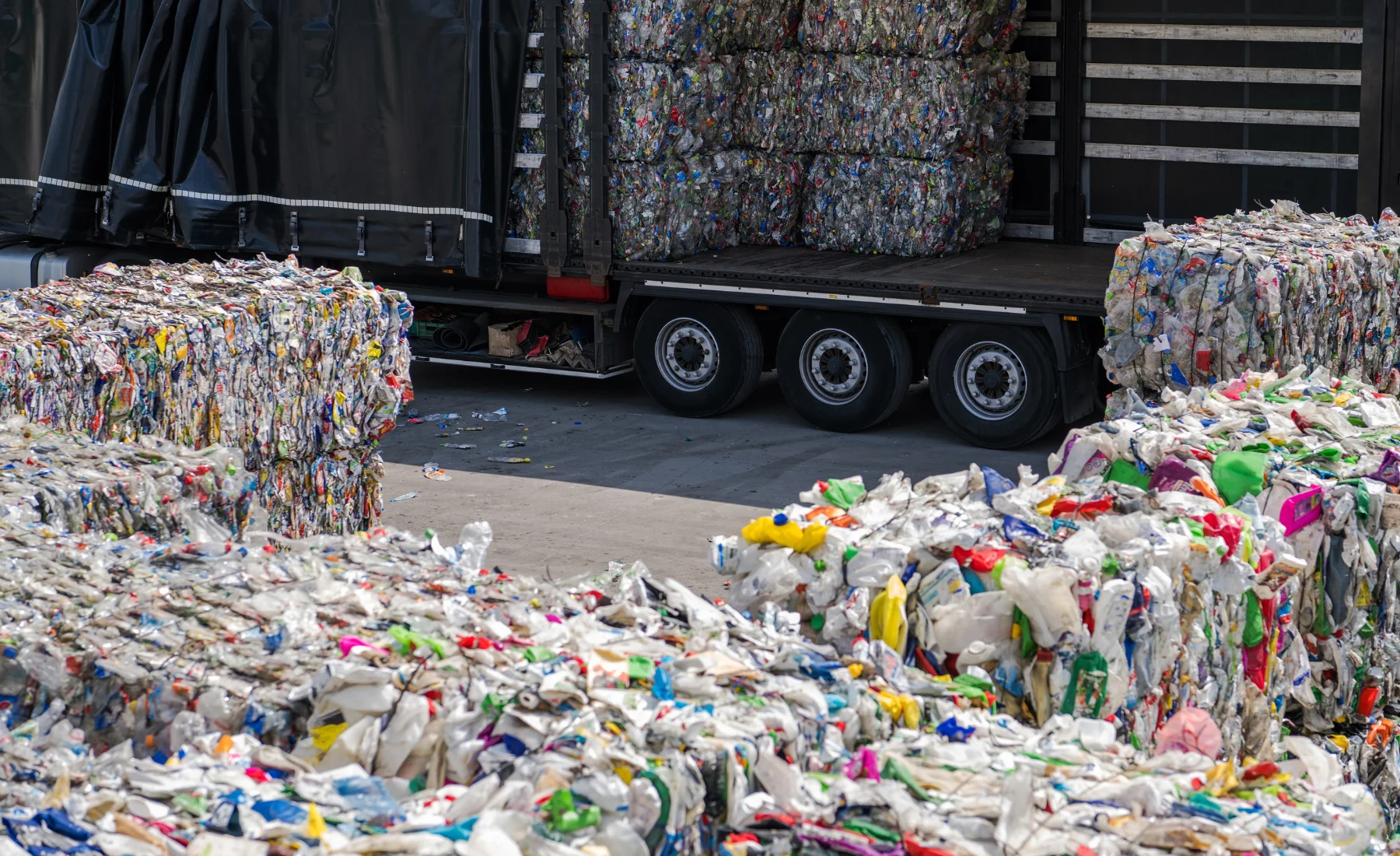In Québec and across the globe, sustainability goals are reshaping the ways businesses handle waste. Yet, reaching ambitious environmental objectives often runs into practical challenges, overflowing dumpsters, rising collection fees, site congestion, and the perennial question: how can we make our waste streams smarter, not just bigger? At BinMasters Québec, we've witnessed first-hand how mobile waste compaction transforms environmental waste management in profound, measurable ways. In this guide, we’ll unpack the compaction benefits for the environment and your bottom line, while offering practical steps for companies aiming to tie waste management directly into their sustainability strategy.
Understanding Sustainability Goals in Waste Management
Sustainability means more than recycling a few cardboard boxes or adding green signage in break rooms. For Operations Managers, Environmental Coordinators, and Facilities Managers, sustainability goals must be deeply integrated into day-to-day operations, translating into fewer resources used, less landfill waste generated, and tangible reductions in greenhouse gas emissions.
- Compliance: Meeting standards like ISO 14001 or municipal GHG targets.
- Cost Efficiency: Aligning profit motives with reduced material and hauling costs.
- Corporate Social Responsibility: Reducing your firm’s environmental footprint and setting an example within your sector.
But how does a business, dealing with the logistics of daily collections, actually turn those goals into operational reality? For many, the answer is waste compaction.
The Environmental Impact of Waste Compaction
Mobile waste compaction is simple in concept and powerful in execution, by pressing and consolidating loose waste or recyclables in containers, the process squeezes out unnecessary air, allowing far more material to occupy the same bin space. The result? Massive reductions in both waste volume and associated environmental impacts:
- Volume Reduced by 50-75%: Our own data, compiled from over 100,000 BinMasters Québec compactions, consistently shows 50–75% in waste volume reduction, depending on the material type. This means fewer containers, less wasted space, and greatly reduced transport trips.
- Direct Reduction in Landfill Usage: By decreasing the waste volume before it ever reaches the landfill, compaction helps delay site closure and reduces the environmental hazards linked to landfill overcapacity.
- Lower CO2 Emissions: Every collection trip saved means less diesel burned. For companies managing a high volume of bins, cutting rotations by half or more represents a significant step toward decarbonizing logistics.
- Decreased Risk of Environmental Leakage: Properly compacted waste is less likely to spill, scatter, or become windblown, minimizing the impact of urban litter and incidental pollution on local environments.
How Compaction Benefits Different Waste Streams
One of the remarkable aspects of compaction is its versatility. Whether you manage construction debris, industrial refuse, recyclables, or organic matter, waste compaction adapts to your site’s most common waste materials. Here’s how it plays out for key sectors in Quebec:
- Construction & Demolition: Bulky debris often includes a lot of empty space. Compaction on-site can reduce the number of containers required by over 50%, making job sites cleaner and safer.
- Manufacturing & Distribution: High volumes of cardboard, plastics, and packaging materials can swallow up valuable dock or warehouse space; compaction means fewer pickups and better space utilization.
- Retail & Hospitality: Overflowing bins behind commercial buildings are more than unsightly, they’re costly and add to urban waste problems. Scheduled compaction avoids this, ensuring bins are ready, not full.
- Municipal Facilities and Eco-centers: For cities and towns trying to advance public sustainability goals, compaction supports less frequent hauls and a greener public image, especially as population density and waste generation both rise.
Compaction as Environmental Waste Management in Action
Let’s explore more specifically how compaction aligns with environmental waste management strategies and corporate sustainability goals:
1. Reduced Landfill Traffic and Methane Emissions
Every ton of waste compressed and kept out of the landfill means a direct reduction in methane, a greenhouse gas dozens of times more potent than carbon dioxide. By delaying landfill overcapacity with more efficient waste packing, your business also supports community sustainability targets.
2. Lowered Collection & Fuel Costs
With compaction routinely slashing container rotations by 40–60%, costs drop in tandem. Fewer trips mean direct fuel savings and fewer GHG emissions, tying together fiscal responsibility with environmental goals.
3. Safety and Site Efficiency
Spilled debris and overflowing containers are more than ugly; they’re hazards. Regular compaction prevents this, keeping sites tidy, secure, and in line with environmental health and safety best practices.
4. Streamlined Recycling Efforts
Proper compaction doesn’t just help waste, cardboard and plastic recycling streams also benefit. Consolidation reduces downstream hauling costs and makes diversion and recovery initiatives far more practical.
Implementation Steps: Turning Compaction Into a Sustainability Win
Making compaction a regular part of your environmental waste management system isn’t complicated, but success depends on thoughtful planning and execution. Here is how many businesses in Quebec integrate compaction into their sustainability roadmap.
- Waste Audit
- Map waste generation points throughout your site for a week.
- Identify peak periods and material types (e.g., cardboard, construction debris, compost, mixed recyclables
- Set Clear Sustainability Metrics
- Baseline your bin fill rates and collection frequencies before compaction.
- Establish reduction goals, volume, cost, GHG, and collection frequency.
- Choose a Reliable Compaction Service Partner
- For mobile, no-obligation solutions, flexibility is key, look for services that work with your team’s schedule and don’t require expensive, permanent installations.
- Train Your Team
- Ensure staff knows how and when to request compaction so it becomes a routine site activity, not a one-off intervention.
- Monitor & Report
- Track the before-and-after impact, savings, emission reductions, safety improvements, and communicate these wins up and down the organization to keep sustainability front and center.
-
Compaction as an Easy Win for Corporate and Community Sustainability
Many changes required for serious sustainability feel daunting: new capital investments, overhauls to processes, regulatory hurdles. Waste compaction is refreshingly different, high impact, low disruption, fast ROI. The real value of compaction lies not just in optimizing bins, but in connecting individual operational acts to bigger environmental outcomes. When your team sees the tangible impact, fewer trucks, quieter sites, cleaner surroundings, it builds pride as well as profits.
Practical Benefits for Business Operations
- Flexible Scheduling: On-demand or pre-planned compaction means you only pay for what you need, when you need it, no long-term commitments.
- Zero Damage, Pure Efficiency: Our mobile solution is engineered not to harm bins or equipment, unlike heavy mechanical methods.
- Safe for Your Team: BinMasters compaction is carried out by trained professionals, ensuring safe interaction around your facility.
Next Steps: Take Action Toward Real Sustainability Gains
Improving your environmental waste management doesn’t have to mean dramatic investment or risky change. Sometimes it’s as simple as making better use of what you already have. For businesses throughout Quebec, especially in sectors like construction, manufacturing, distribution, retail, and municipal services, embracing regular mobile waste compaction could be the single easiest, most measurable sustainability upgrade you’ll make in 2025.
Curious what this would mean for your site’s environmental goals? Calculate your potential savings and footprint reductions with BinMasters Québec and see how easy it is to start crushing your costs, your waste, and your carbon impact in one smart move.
Together, let’s move Quebec’s businesses closer to sustainability, one compacted container at a time.
.svg)


